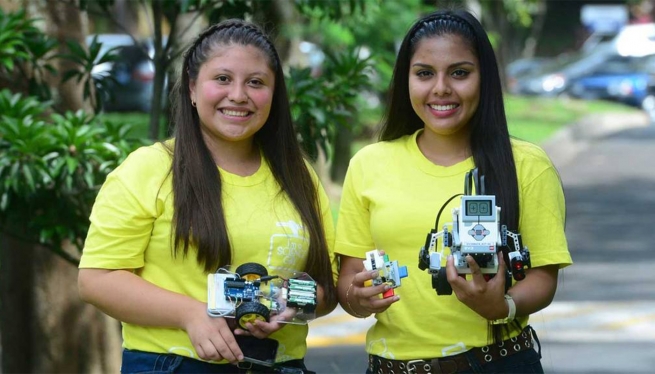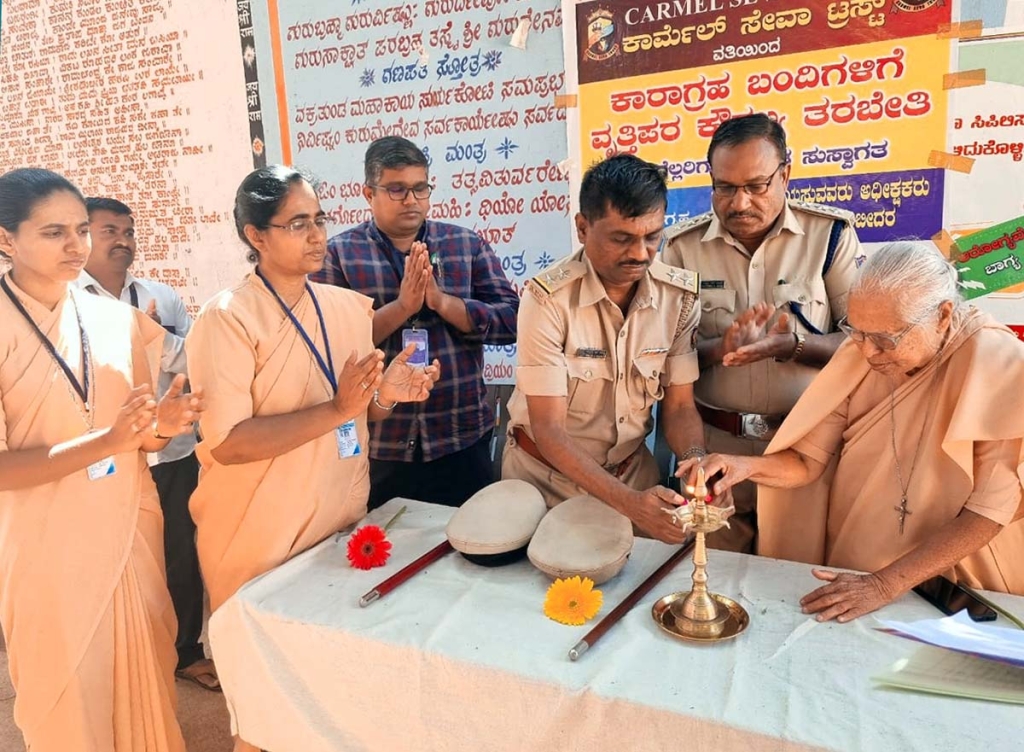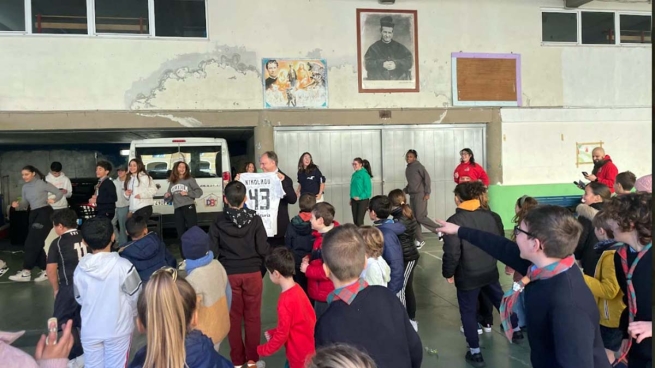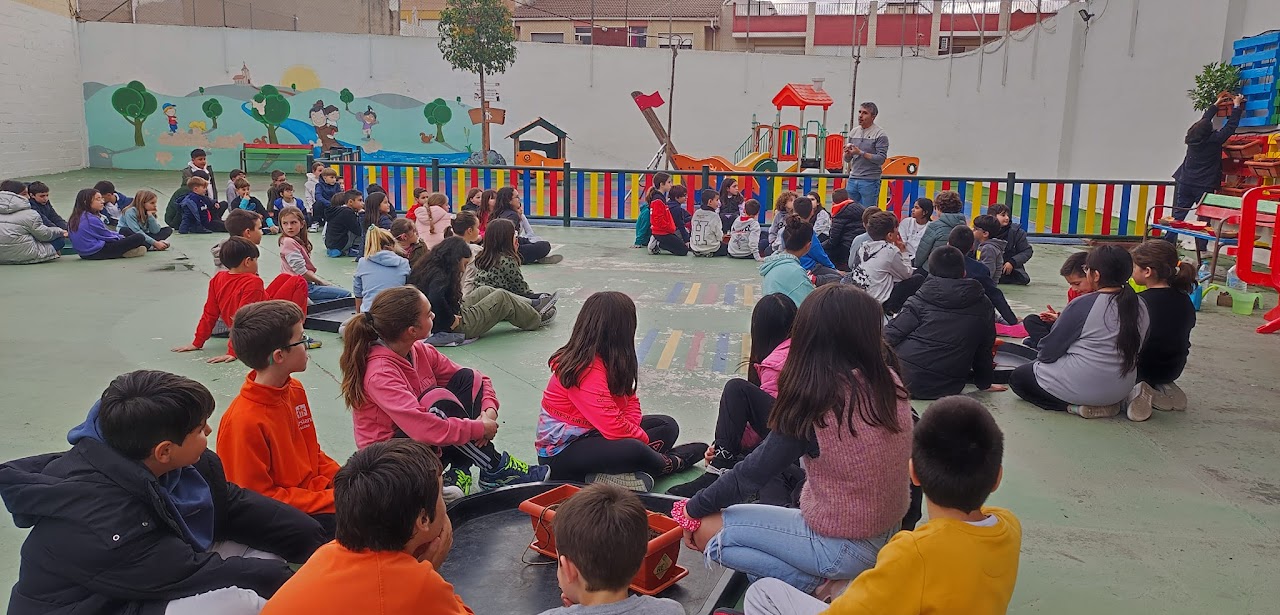El Salvador: Don Bosco University Science Camp for Girls Encourages STEM Education

(MissionNewswire) The Salesian-run Don Bosco University, located in San Salvador, is working to provide opportunities for advanced education and employment for disadvantaged women in El Salvador. The university is one of the most prestigious institutions of higher education in the country, particularly in the technical and technological sector. In the past, the technology programs were attended mainly by young men but in 2013 the university started an initiative called the Science Camp for Girls, which is supported through funding from the United States Agency for International Development (USAID).
“We want to give youth skills in areas that can serve for their future. It is the best way to prevent the violence that is so prevalent in this area,” says Sandra Lorena Duarte, director of the USAID projects.
Young women who have finished school, are convinced they can do well in the technical and science fields and are passionate about this study are encouraged to enter the program for higher learning. For some young women, their level of interest in these subjects was greatly enhanced by attending the camp. They saw a whole new field of study open to them that had previously not been considered.
“The aim of this innovative project is to bring the young women of the surrounding areas of St. Martin, Soyapango, Apopa and Ciudad Delgado to the camp and educate them about this new field of study for them. We help them to become passionate about further study in the areas of science, technology, engineering, and mathematics,” says José Humberto Flores, rector of the University of Don Bosco.
The Science Camp is a long-term project for the university. To date, 123 young women in their last year of high school have participated in the camp. The lessons learned at the camp are practical and hands-on for the young students. One student, Jennifer, created a robot named “Gyro Boy” while another student, Estefanny, created a machine that implements Arduino programs, managed through Bluetooth
“The camp was a very nice experience. At first everything seemed so difficult but after learning, we were able to progress with our projects and realize that yes we can do it,” says Jennifer, who wants to study mechanical engineering. “The thing I really learned is that no one can me that I cannot do something because yes, I can.”
Don Bosco University has close to 6,000 students at the school, which also maintains a strong link to the local employment sector through research, technology transfer programs, continuing education courses and consultancy services. Degree programs are offered in engineering, social sciences, humanities, economics, technology and aeronautics, among others.
El Salvador is one of the most violent countries in Central America along with Honduras and Guatemala. The murder rate in El Salvador rose more than 44 percent in the beginning months of 2014 when compared to the same time in 2013. Gang violence is a leading cause of violence in the country and it’s estimated that some 60,000 young people have gang affiliation. Gang involvement often offers a sense of belonging and family that counters the lack of education and employment opportunities offered in the country.
Close to 35 percent of El Salvador’s population lives in poverty, according to the World Bank. Youth in the country are confronted not only with poverty but with instability, high levels of violence and inadequate access to educational opportunities. Despite ranking high for economic indicators, the need for practical education is more important than ever with 12 percent of youth ages 15-24 unemployed and 41 percent underemployed.
###
Sources
ANS – El Salvador – Don Bosco University encourages girls to study Technology
World Bank – El Salvador




